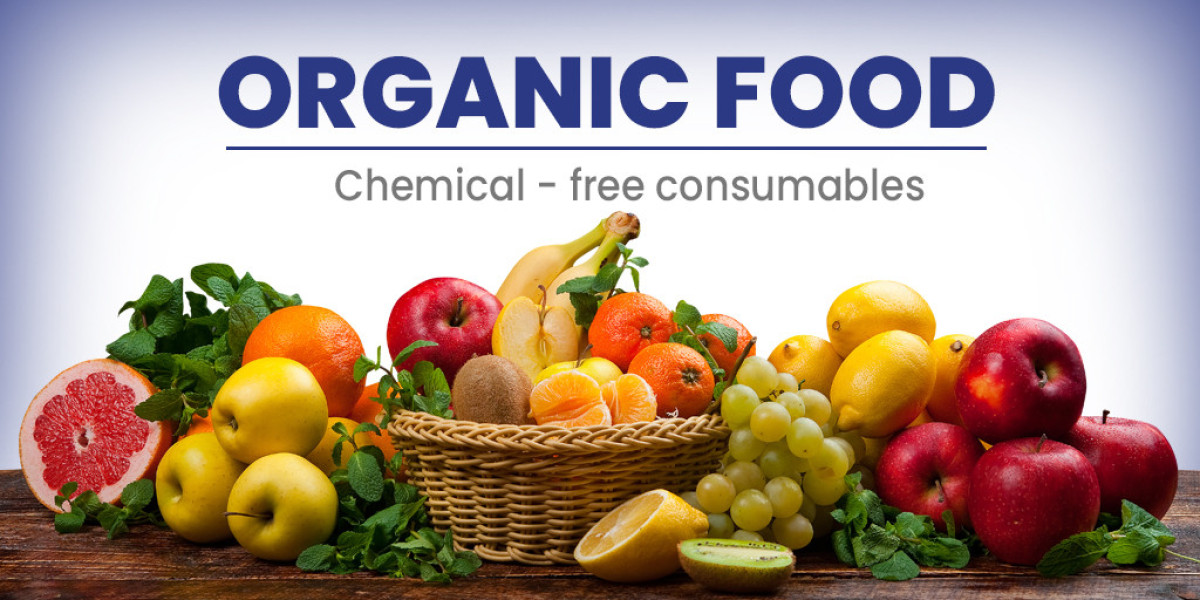Introduction
In today's fast-paced world, the importance of organic foods cannot be overstated. With an increasing emphasis on health and well-being, more and more people are turning to organic options for their dietary needs. But what exactly are organic foods, and why are they gaining popularity? In this comprehensive guide, we delve into the world of organic foods, exploring their benefits, how they're grown, and why they're worth incorporating into your diet.
What are Organic Foods?
Organic foods are products that are grown and processed without the use of synthetic pesticides, herbicides, or fertilizers. Instead, organic farmers rely on natural methods of pest control and soil fertility, such as crop rotation, composting, and biological pest control. This ensures that the food produced is free from harmful chemicals and pesticides, making it safer and healthier for consumption.
Benefits of Organic Foods
1. Healthier Option
One of the primary reasons people choose organic foods is for their health benefits. Studies have shown that organic produce contains higher levels of vitamins, minerals, and antioxidants compared to conventionally grown produce. Additionally, organic farming practices help to preserve the nutritional integrity of the soil, resulting in healthier and more nutrient-rich crops.
2. Environmental Sustainability
Organic farming practices are also more sustainable and environmentally friendly compared to conventional methods. By avoiding the use of synthetic chemicals and fertilizers, organic farmers help to protect the soil, water, and air from pollution. Additionally, organic farming promotes biodiversity by supporting natural habitats and ecosystems, which are essential for maintaining a healthy and balanced environment.
3. Better Taste
Many people prefer the taste of organic foods due to their fresher and more natural flavor. Since organic produce is grown without the use of synthetic chemicals, pesticides, and fertilizers, it often has a richer and more vibrant taste compared to conventionally grown produce. This makes organic foods a popular choice among food enthusiasts and chefs who value quality and flavor.
How are Organic Foods Grown?
Organic farming practices prioritize sustainable and regenerative methods that promote soil health, biodiversity, and ecosystem resilience. Some common practices include:
- Crop Rotation: Rotating crops helps to replenish soil nutrients and prevent soil erosion, pests, and diseases.
- Composting: Organic farmers use compost to enrich the soil with organic matter, improving its fertility and structure.
- Biological Pest Control: Instead of relying on synthetic pesticides, organic farmers use natural predators, such as ladybugs and birds, to control pests and maintain ecological balance.
- Cover Cropping: Cover crops help to protect the soil from erosion, suppress weeds, and improve soil fertility by adding nitrogen and organic matter.
By adopting these practices, organic farmers can produce high-quality, nutrient-rich foods while minimizing environmental impact and promoting sustainable agriculture.
Incorporating Organic Foods into Your Diet
1. Shop Locally
Support local farmers and businesses by purchasing organic foods from farmers' markets, co-ops, or local grocery stores. Not only does this help reduce your carbon footprint, but it also ensures that you're getting fresh, locally sourced produce.
2. Grow Your Own
Consider starting a garden at home to grow your own organic foods. Whether you have a backyard or a small balcony, you can grow a variety of fruits, vegetables, and herbs using organic gardening methods. Not only is gardening a rewarding and enjoyable activity, but it also allows you to have complete control over the quality and freshness of your food.
3. Read Labels
When shopping for organic foods at the grocery store, be sure to read labels carefully and look for the USDA Organic seal. This indicates that the product has been certified organic by the United States Department of Agriculture and meets strict standards for organic production.
Conclusion
In conclusion, organic foods offer numerous health, environmental, and taste benefits that make them a worthwhile choice for consumers. By prioritizing organic options in your diet, you can support sustainable agriculture, protect the environment, and enjoy delicious, nutrient-rich foods that nourish your body and soul.
More Info :- http://tranquilhealthnews.com/







